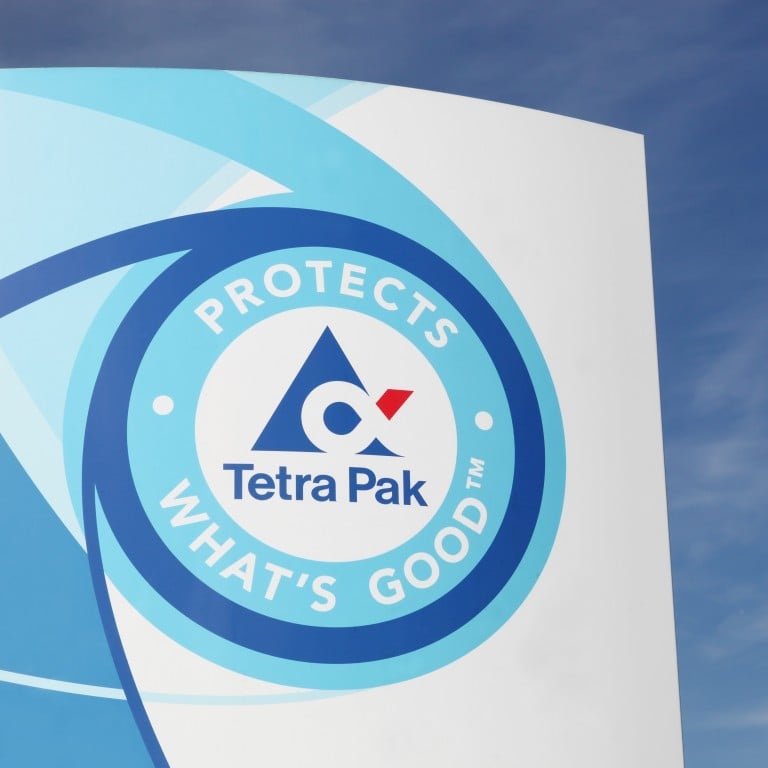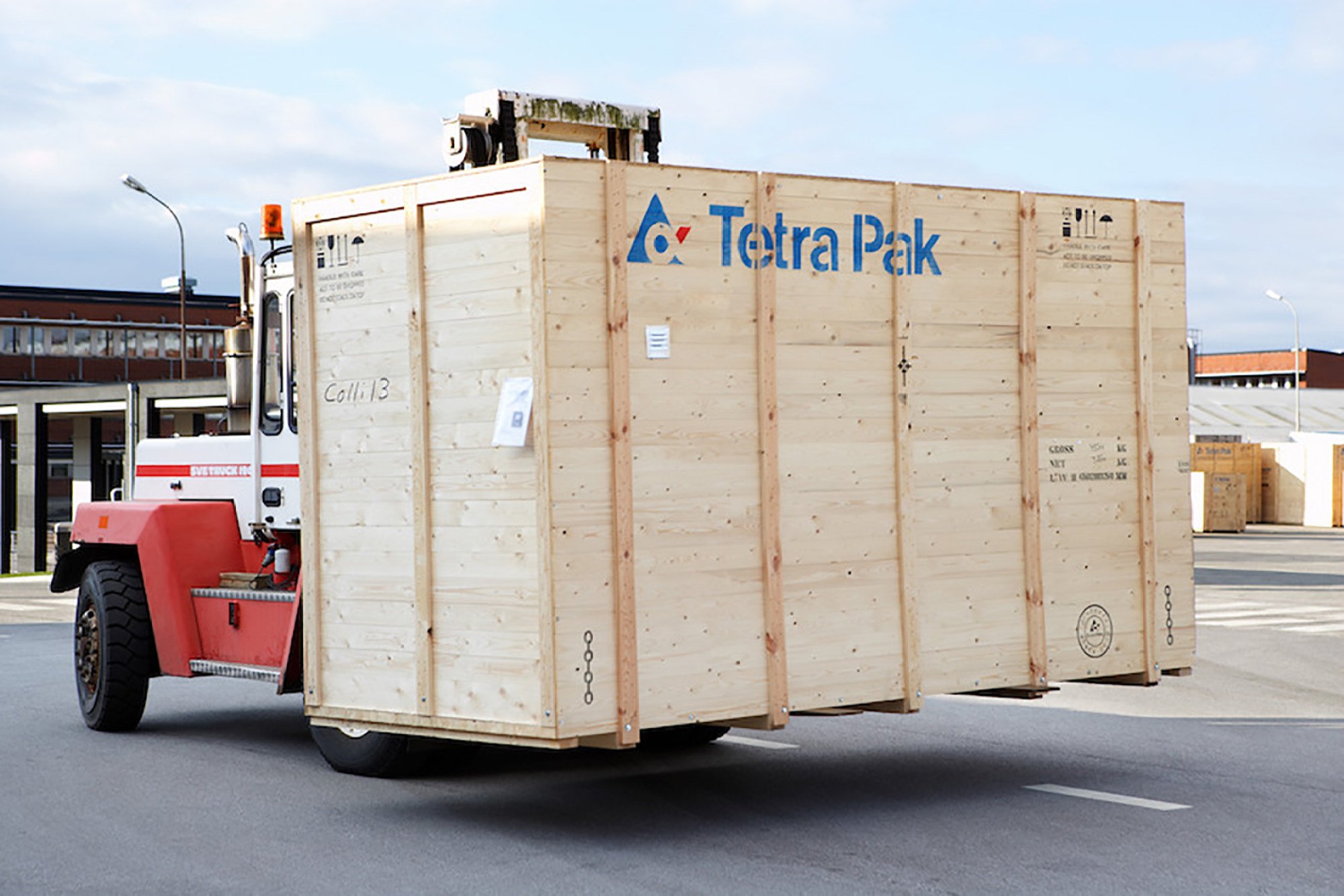
Green Tech: Tetra Pak helps Chinese dairy firms automate production, cut energy and water usage, carbon emissions
- Food packaging giant Tetra Pak implements a programme for reducing energy, waste, and the usage of water and chemicals associated with the equipment it sells
- The company plans to tap demand for alternative protein by selling equipment to help Chinese companies make products with smaller greenhouse gas footprints than meat
China’s dairy industry – the world’s fourth largest – is fast embracing automation and innovation to become more efficient and sustainable, and food packaging and equipment giant Tetra Pak is helping drive this change which is aimed at not only cutting production costs, but also at reducing greenhouse gas emissions.
“China has been a very important driver for innovation in dairy in the last couple of decades,” Charles Brand, Tetra Pak’s executive vice-president of processing solutions and equipment told the Post, referring to the country’s large scale dairy farms and processing plants, which have adopted modern technology for efficiency gains.
“One of the big things happening there is automation, in which we are working with customers on making dairy manufacturing fully intelligent,” he said.
Established in Lund, Sweden in 1951 and now Switzerland-headquartered, Tetra Pak is a privately-owned firm which makes equipment for manufacturing cheese, ice-cream, dairy milk powder and alternative protein, besides cartons.

Higher energy and water costs, caused by geopolitical and extreme climate events, have prompted food producers to upgrade their production facilities for efficiency gains, and for energy and resource usage reduction, said Brand.
“Heat pumps, solar technologies for both electricity and heating, besides water and chemicals recovery and recycling solutions, are all becoming an important part of all food manufacturers’ thinking when it comes to cost savings,” Brand said. “That on one hand has a sustainability impact, but today there is also return on investment that goes with that.”
A Chinese start-up is turning yeast into alternative dairy products
The company has in recent years implemented a programme for reducing energy, waste, and the usage of water and chemicals associated with the equipment it sells, to address the challenges its customers face in reducing their environmental impact, he said.
For each type of equipment, it has set targets to help customers’ facilities halve their greenhouse gas emissions, waste generation and water usage by 2030, compared to levels in the baseline year of 2019, he noted.
It has recently launched a milk separator that uses 40 per cent less energy than semi-open separators, while the latest milk sterilisation equipment has a 38 per cent smaller carbon footprint and uses 41 per cent less water, he added.
Tetra Pak posted revenue of €12.5 billion (US$11.7 billion) in 2022, with 36 per cent coming from Asia-Pacific. Its main food processing equipment factory in China is located in Kunshan, Jiangsu province.
One such facility in the Ningxia Hui autonomous region, the world’s single largest liquid milk factory that came on stream last May, delivered a 67 per cent improvement in packaging efficiency, a 43 per cent energy consumption reduction and a 19 per cent total production cost reduction, he noted.
Its owner, China Mengniu Dairy, was driven by a desire to rank among the most cost-efficient producers in the industry globally, besides posting sustainability benefits, he added.
“Many of the technologies deployed in China have already been utilised in Europe, but the combination of large production scale, digitalisation and automation being put into one place is unique,” he said, adding this involved data and sensor-driven production and quality monitoring and optimisation.
Tetra Pak distributed 193 billion aseptic cartons in 2022. Out of these, 8.8 billion packages and 11.9 billion caps used plant-based plastic, 24 per cent and 12 per cent more than in 2021, respectively. Some 131,000 tonnes of carbon emissions were avoided through the replacement of fossil plastic, it estimated.
Brand said that most cartons it makes now are composed of 70 per cent paperboard, 25 per cent plastic and 5 per cent aluminium.
It aims to invest €100 million annually in the next five to 10 years to raise the paper content to 80 per cent, remove metal usage and to introduce plant-based plastic. In doing so, the renewable content of its output could reach 90 per cent from 70 per cent, and the carbon footprint could be cut by a third.
The liquid food packaging and processing company, known more for its aseptic cartons that preserve milk and juices, is also playing a role in China’s food sufficiency drive.
Brand said his company plans to tap the growing market demand for alternative protein such as plant-based or laboratory-cultivated food, by supplying equipment such as bioreactors to help Chinese companies manufacture products that have lower greenhouse gas footprints than meat.
“Our intent is to support the growth of these new food sources with the equipment that we have,” he said. “China is likely to be a big market for alternative protein, which is about enhancing food security and finding efficient and safe ways of feeding the population.”

